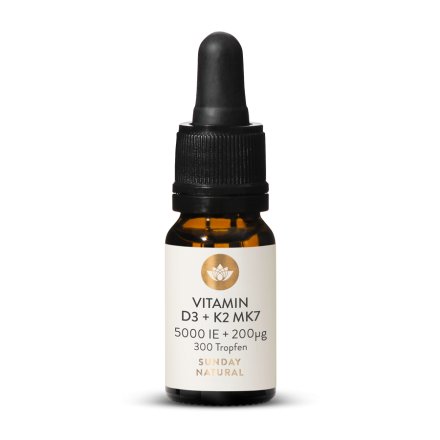Zinc Complex
Zinc is an essential trace element and is found in more than 300 important enzymes. It also influences more than 3,000 endogenous proteins. In food supplements, zinc is always bound to another compound (such as in the case of zinc bisglycinate, zinc malate, zinc lysinate and zinc picolinate). These various forms of zinc are absorbed and converted by the body in different ways and thus have different effects. Our Zinc Complex Ultra combines the advantages of a variety of individual zinc compounds into one synergistic complex. The 8 forms of zinc are contained in a balanced ratio and have different absorption pathways, complementing each other well. The different active partners are involved in numerous body functions, such as maintenance of the immune system, metabolism and fertility, cell division and DNA synthesis, as well as the maintenance of healthy eyes, hair and nails. Vitamin C rounds off the active complex by promoting mineral absorption and synergistically complementing the effect of zinc in many areas.
Zinc malate: Zinc malate is the zinc salt of malic acid, which has high bioavailability. Malic acid occurs in the metabolism of all cells and plays a role in many metabolic processes in the human body. This salt can be found mainly in unripe fruits, such as apples, quinces, gooseberries and grapes.
Zinc bisglycinate: The chelate zinc bisglycinate is composed of zinc and the amino acid glycine and is considered one of the most bioavailable zinc compounds. As a chelate, the zinc is protected from other compounds that can make zinc absorption more difficult (such as phytic acid) and can thus be better absorbed. Due to its absorption pathway, zinc bisglycinate also interacts less with other trace elements and minerals. This form of zinc easily reaches the brain, reproductive organs, liver and pancreas.
Zinc gluconate: This form of zinc, also highly bioavailable, is a salt of gluconic acid, a fruit acid which naturally occurs in lemonade and kombucha. This acid can also result from the breakdown of glucose.
Zinc ascorbate: Zinc ascorbate is a salt of ascorbic acid, also known as vitamin C. Zinc ascorbate has high bioavailability and exhibits antioxidative effects.
Zinc lysinate: Zinc lysinate is a compound of zinc and the amino acid lysine and has very high bioavailability. Lysine, an essential amino acid, is a necessary component of protein synthesis. Lysine is also present in collagen, a protein found in connective tissue, and is thereby indirectly involved in the formation and maintenance of cartilage, skin, hair, teeth, bones, tendons and muscles.
Zinc acetate: Zinc acetate is a salt of acetic acid. This compound occurs naturally in saps and essential oils. In the human body, zinc acetate results from the breakdown of fatty acids. This form of zinc also has high bioavailability.
Zinc mono-L-methionine sulphate: This form of zinc has very high bioavailability and is composed of zinc, the amino acid methionine and sulphate. Methionine is an essential amino acid and an important source of sulphur in the diet.
Zinc picolinate: Zinc picolinate is the salt of picolinic acid, an intermediary in the metabolism of the amino acid tryptophan. This salt is considered to have a positive effect on the absorption of zinc, which is why zinc picolinate has high bioavailability.
Health Benefits of Zinc According to the European Food Safety Authority (EFSA)
Zinc contributes to:
- The protection of cells against oxidative stress
- Normal cognitive function
- Normal immune system function
- Normal acid-base balance
- Normal carbohydrate metabolism
- Normal lipid metabolism
- Normal DNA synthesis
- Normal fertility and reproduction
- Normal macronutrient metabolism
- Normal vitamin A metabolism
- Normal protein synthesis
- The maintenance of normal bones, nails, skin and hair
- The maintenance of normal vision
- The maintenance of normal testosterone levels in the blood
and zinc has a function in cell division.
Health Benefits of Vitamin C According to the European Food Safety Authority (EFSA)
Vitamin C contributes to:
- Normal immune system function
- Maintaining normal immune system function both during and after intense physical activity
- The reduction of tiredness and fatigue
- Normal cognitive function
- The regeneration of the reduced form of vitamin E
- Normal energy metabolism
- The normal function of the nervous system
- Protecting cells against oxidative stress
- Normal collagen formation for normal blood vessel function
- Normal collagen formation for normal bone function
- Normal collagen formation for normal cartilage function
- Normal collagen formation for normal dental function
- Normal collagen formation for normal gum function
- Normal collagen formation for normal skin function
and vitamin C has a function in iron absorption.






























